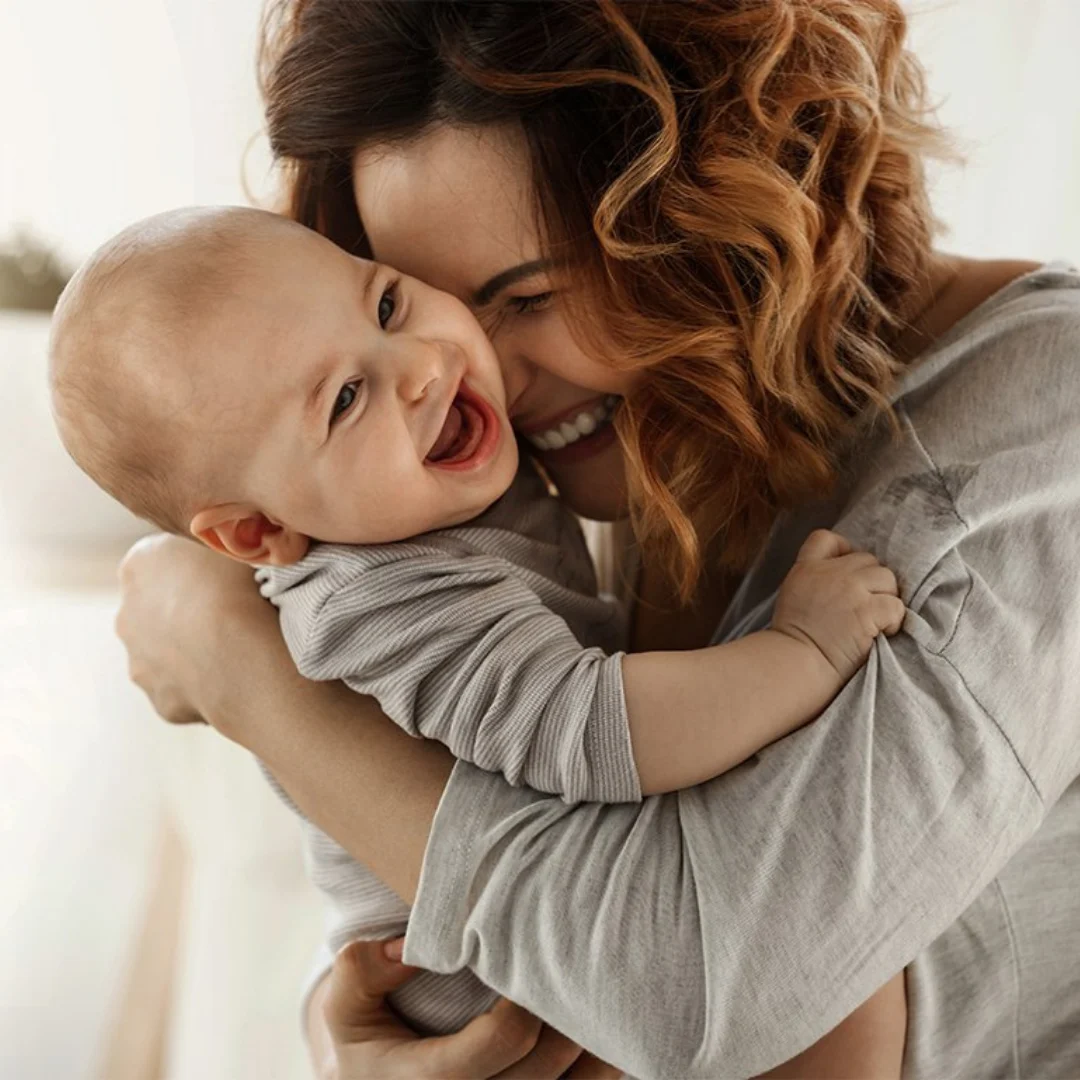It all began quite innocently. I took my young son and daughter to visit my aunt. At ages 4 and nearly 2, they’re at their cutest, and honestly, their delightful personalities make family visits a joy. As for me? My appeal has faded over the years. People are just drawn to my kids now. My aunt was having a blast playing, laughing, and singing with them, and the atmosphere was light and fun.
As nap time drew near, I gathered the family to leave. We bundled up, thanked my aunt for the snacks and playtime, and went to say our goodbyes. I encouraged both kids to give a high five or hug if they felt like it. My son opted for a high five, while my daughter held back.
Suddenly, my aunt made an exaggerated pouty face and pretended to cry, reaching out for my daughter. My immediate reaction was, “Seriously? You want me to say it?” I dread this conversation.
“I’m sorry, but we don’t force them to hug anyone. It’s nothing personal; sometimes they just aren’t in the mood.”
Then we waved goodbye and got in the car, which led to a surprisingly peaceful journey home. That’s how it should have ended. But my aunt, being from a different era, was clearly taken aback. I get that it’s disappointing when a child doesn’t return affection; it might feel like a rejection.
“Just one quick hug,” she implored, feigning sadness. “You’re going to make me cry!”
Ugh, really? “Please don’t make them feel guilty for not wanting to hug you. They’re too young to grasp that. We had a lovely day; let’s plan another visit soon!” And off we went. I wasn’t about to stick around for another round of emotional manipulation aimed at my kids when they’re uncomfortable.
I often find myself explaining that forcing affection can have serious repercussions, potentially leading children to think that adults have a right to their bodies, which can make them uncomfortable saying no. It’s a tough conversation to have, especially with family. Yet, short of grabbing my child and exclaiming “No means no!” I’m not sure how else to convey my point.
I’ve felt like a total weirdo when I’ve had to go this far, and it’s clear that my discomfort makes everyone else uneasy as well. But it’s crucial for them to understand that my child’s discomfort must be respected. Just because they’re kids doesn’t mean they lack bodily autonomy.
What’s wild is that I’m usually assertive. I’m not shy, and I have strong opinions. It shouldn’t feel that awkward to remind adults that my kids aren’t responsible for their emotional needs. Yet, growing up in a culture that expects children—especially girls—to offer hugs and kisses can lead to a grown woman feeling uneasy saying no.
I don’t want to make my aunt feel bad; I just wish she’d respect my wishes the first time I say my child doesn’t have to hug anyone. That way, we could avoid my awkward speech about emotional manipulation and child safety.
There are countless other ways to show affection that don’t involve forced hugs, like sharing how much fun was had or expressing eagerness for the next get-together. My kids often make adorable cards, complete with charming misspellings. Honestly, wouldn’t you prefer that to a forced hug?
In the end, it’s about respect and understanding that kids should feel safe and comfortable expressing their feelings.
For more insights on parenting and emotional health, check out this excellent resource on treating infertility. And if you’re looking to boost your chances of conception, visit this authority for fertility tips.
For additional information on navigating family dynamics, you can explore this related blog post.
Summary:
In navigating family dynamics, it’s essential to respect children’s autonomy regarding physical affection. Forcing kids to hug can lead to discomfort and potential issues with boundaries. Instead, encouraging other forms of affection, like sharing fun experiences or making cards, fosters a healthier emotional environment for children.
